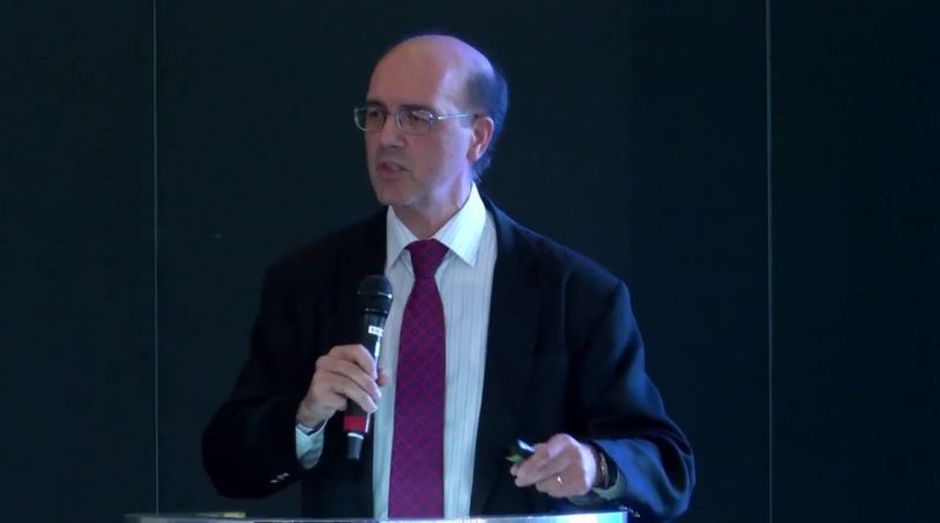Manuel Suárez of the Spanish Evangelical Alliance analyses the importance of the WEA recommendations to the UN regarding places of worship and pastor pensions in Spain.
 X. Manuel Suárez, Secretary General of the Spanish Evangelical Alliance.
X. Manuel Suárez, Secretary General of the Spanish Evangelical Alliance.
During the 44th session of the United Nations Human Rights Council, Spain’s human rights performance was examined, as it happens with each of the 19 member states, once every 5 years.
“The UN asks several institutions and entities to make an assessment of compliance with the human rights, they make a compilation of all the reports, and send it to the country's government, so that it can properly respond”, the Secretary General of the Spanish Evangelical Alliance (AEE), X. Manuel Suárez, explained in an interiew with Spanish news website Protestante Digital.
The World Evangelical Alliance (WEA) is one of those organisations which make recommendations to the UN. “The Spanish government accepted 91% of the 200 recommendations it received, including the 2 made by the WEA”, Suárez pointed out.
The WEA’s recommendations, which had been prepared in cooperation with the AEE, are related to freedom of religion and belief, which is “one of the first freedoms, it is difficult to maintain a democratic system without it”, the AEE Secretary General underlined.
“Although Spain has a religious freedom law, there are issues that remained unresolved. Some of us consider that the democratic transition was not fully completed in some aspects, in aspects like religious equality, and especially the presence of believers in public life”, he added.
The first issue addressed by the WEA and the AEE in the Human Rights Council, was the places of worship in Catalonia, where “regional laws have set unreasonably high safety standards for non-Catholic places of worship”.
“In Catalonia, as it is also happening in Italy, the regional authorities, perhaps trying to control Muslim fundamentalism, are establishing very rigid criteria to allow the opening of places of worship”, Suárez explained.
He denounced that “the conditions that some municipalities require are the same as those for discotheques, which have nothing to do with places of worship, that is why we think it is important to highlight that religious freedom is also being able to have adequate places of worship”.
In order to prepare this recommendation, the AEE has worked closely with the evangelical council of Catalonia, which “has already made a great work about this and at the moment there is no worship place threatened with full closure”, the Secretary General said.
Although “there is still a clear discrimination with respect to the Catholic churches”, Suárez pointed out that “the fact that an issue like this reaches the UN, and Spain has to speak out about it, I think it will have a political effect, I am confident that the intervention of the WEA will be positive”.
The other issue is the situation of the pastors who served during Francisco Franco’s dictatorship and “have never been able to contribute to Social Security, and have had many problems with their retirement”.
“Despite the European Court of Human Rights finding in 2012 that Spain was violating the right to property, in combination with the right to non-discrimination, this situation is still unresolved until today, leaving dozens of surviving retired protestant pastors outside the pension system”, the WEA representative said during the UN Humran Rights Council session in Geneva.
“It is not a question of money, because it does not mean much to the state, it is a matter of dignity, justice, and equal democratic rights”, the Secretary General stressed.
He concluded stating that with this recommendations, they “do not just want to defend the rights of evangelicals, but those of all the citizens of this country”.

Las opiniones vertidas por nuestros colaboradores se realizan a nivel personal, pudiendo coincidir o no con la postura de la dirección de Protestante Digital.
Si quieres comentar o